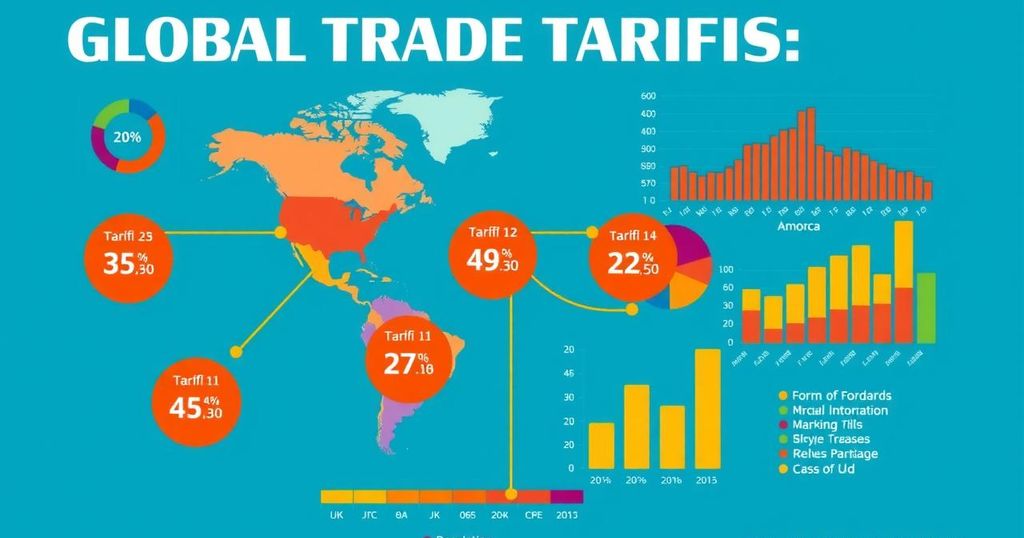Kirsty Coventry, a former Zimbabwean swimmer and Africa’s most decorated Olympian, has been elected as the next president of the International Olympic Committee, making history as the first woman and African to hold this position. She is set to begin her eight-year term in June, while also facing scrutiny regarding her political role in Zimbabwe’s government.
Kirsty Coventry, a former Zimbabwean swimmer and Africa’s most decorated Olympian, has been elected as the next president of the International Olympic Committee (IOC), marking a historic first for both women and Africans in this role. At the age of 41, she will assume the presidency in June, leading the global Olympic movement for the next eight years.
A noted athlete, Coventry excelled in the 200 meters backstroke, winning Olympic gold medals in both 2004 and 2008, and accrued a total of seven Olympic medals, the highest for anyone from Africa. Her membership in the IOC began in 2013 following a controversial election incident at the London Olympics, which involved a complaint she lodged against a competitor.
Currently serving as Zimbabwe’s minister of youth, sports, arts, and recreation, her government tenure has attracted scrutiny due to longstanding allegations against the Zimbabwean administration regarding the oppression of political dissent. The United States and the European Union have imposed sanctions on the government, compounding perceptions of Coventry’s controversial position.
During her swimming career, Coventry received a diplomatic passport and financial accolades from former President Robert Mugabe, a leader notorious for his authoritarian governance. Following Mugabe’s ousting in 2017, she was appointed as a minister in President Emmerson Mnangagwa’s administration, which has been criticized for continuing oppressive policies.
Coventry’s political experience is limited, and her role as a young white woman in a senior position surprised many in Zimbabwe. Although she was previously reappointed after the disputed 2023 elections, she signaled her intention to step down as sports minister to commit fully to her IOC responsibilities.
Educationally, Coventry attended an all-girls convent school in Harare and later became a standout swimmer at Auburn University in Alabama. Olympically, her debut occurred in Sydney at the age of 16, and she garnered three medals in Athens and four in Beijing.
From 2018 to 2021, she served on the IOC executive board as the athlete representative but faced criticism for closely aligning with the IOC’s broader policies. Questions have arisen regarding her effectiveness as a sports leader in Zimbabwe, particularly as the national soccer team was forced to play ‘home’ games abroad due to stadium inadequacies, and the country faced prior suspensions from international competition due to governmental interference.
Coventry’s journey to the IOC presidency illustrates both her remarkable athletic achievements and the complex political landscape she navigates as Zimbabwe undergoes scrutiny and transformation.
In summary, Kirsty Coventry’s election as the first woman and African president of the IOC marks a significant milestone in Olympic history. Her dual identity as an esteemed athlete and a minister in a controversial government presents a multifaceted challenge as she embarks on an eight-year term. While her accomplishments in swimming are undisputed, her political affiliations and their implications raise important questions about her leadership effectiveness moving forward.
Original Source: www.newsday.com




